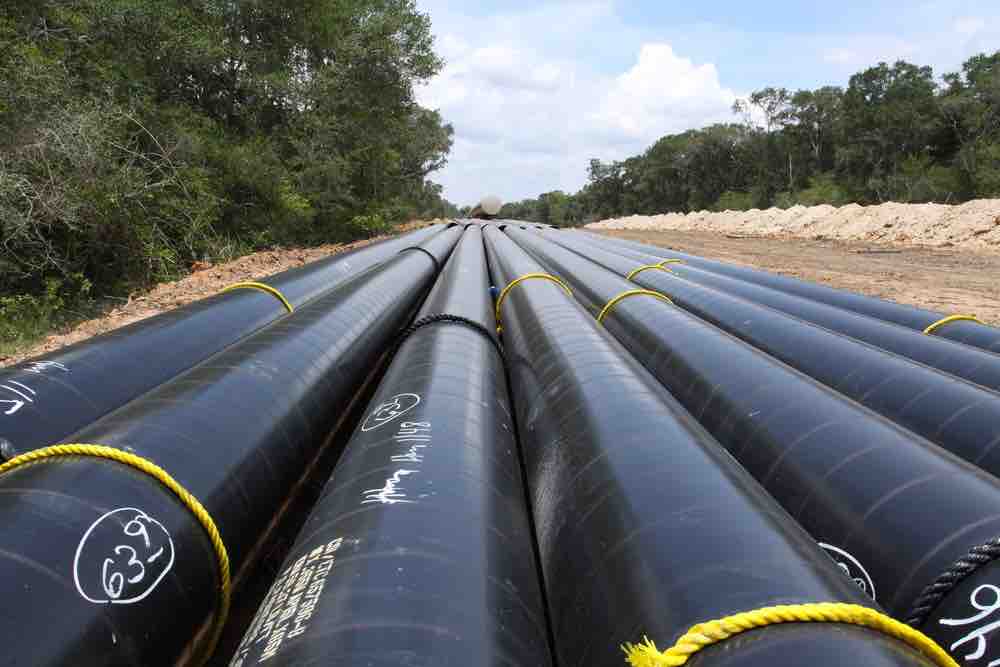Mandated Study of Dakota Access Pipeline to Miss Completion Goal

BISMARCK, N.D. (AP) — More time is needed to finish additional court-ordered environmental study of the Dakota Access oil pipeline due to difficulties in getting needed information from American Indian tribes fighting the project in court, according to federal officials.
The delay won’t impact the $3.8 billion pipeline, which has been operating since last June, moving North Dakota oil through South Dakota and Iowa to a shipping point in Illinois. But it will delay resolution of a federal lawsuit that has lingered for nearly two years.
U.S. District Judge James Boasberg last summer ordered the Army Corps of Engineers to further review the pipeline’s impact on tribal interests, including how a spill under the Lake Oahe reservoir on the Missouri River in the Dakotas would impact the water supply of the Standing Rock and Cheyenne River Sioux. Those tribes are leading the lawsuit that was filed in July 2016.
The Corps last October told Boasberg it would finish the mandated work by April 2, but the agency late last week informed him that won’t happen “as a result of difficulties in obtaining requested information from the plaintiff tribes in a timely manner.” Justice Department Attorney Reuben Schifman did not provide a new date, saying it depended on cooperation from the tribes.
The tribes have accused the Corps and Texas-based developer Energy Transfer Partners of not giving them a meaningful role in the process. The tribes contend they also haven’t been allowed adequate input in the completion of a Lake Oahe spill response plan or in the selection of an independent engineering company to review whether the project complies with federal laws and regulations, which Boasberg also ordered.
Standing Rock attorney Jan Hasselman in court documents filed in early March asked Boasberg to force the Corps and ETP to allow more tribal involvement, acknowledging such a move would require delaying the completion of the work.
Corps and company attorneys have objected to that request. Schifman said in court documents filed last week that “the tribes have refused to meaningfully engage,” and ETP attorney William Scherman said the tribes are “inhabiting an alternate universe” with their views on how the work should be completed.
Boasberg hasn’t ruled.
Related News
Related News

- Kinder Morgan Proposes 290-Mile Gas Pipeline Expansion Spanning Three States
- Enbridge Plans 86-Mile Pipeline Expansion, Bringing 850 Workers to Northern B.C.
- Intensity, Rainbow Energy to Build 344-Mile Gas Pipeline Across North Dakota
- Tallgrass to Build New Permian-to-Rockies Pipeline, Targets 2028 Startup with 2.4 Bcf Capacity
- U.S. Moves to Block Enterprise Products’ Exports to China Over Security Risk
- U.S. Pipeline Expansion to Add 99 Bcf/d, Mostly for LNG Export, Report Finds
- A Systematic Approach To Ensuring Pipeline Integrity
- US Poised to Become Net Exporter of Crude Oil in 2023
- EIG’s MidOcean Energy Acquires 20% Stake in Peru LNG, Including 254-Mile Pipeline
- Enbridge Sells $511 Million Stake in Westcoast Pipeline to Indigenous Alliance




Comments